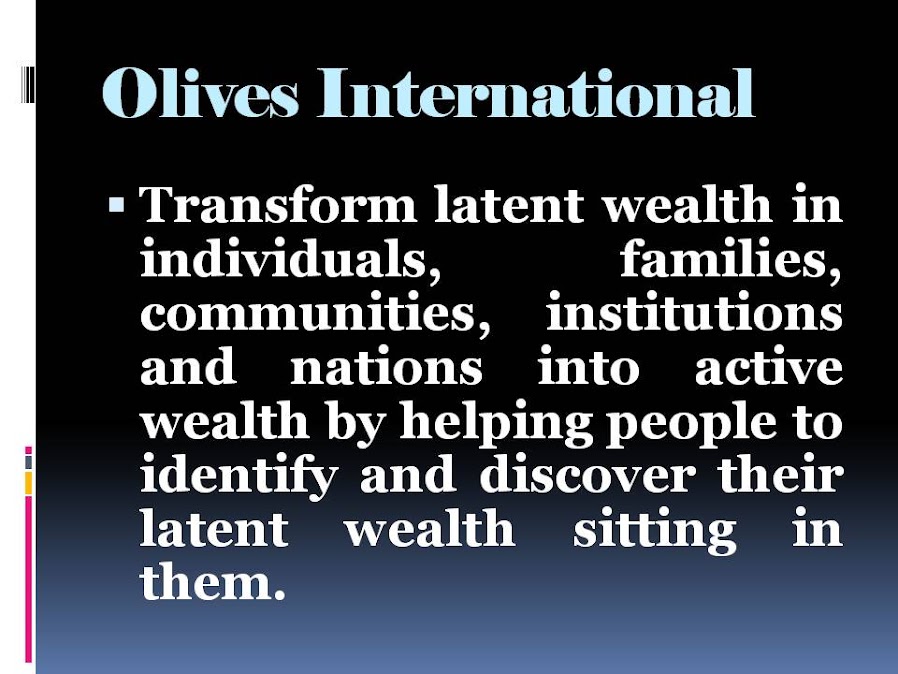Written by Uyoyou Christiana Charles-Iyoha
Born the same day by the same mother, they are the only
children of Isaac and Rebecca. Though twins, nothing in their history except
their birth and the fact that they both lived in the womb of Rebecca before
making their dramatic entry into the world suggest so. From the Biblical
accounts about the twin brothers, the usual closeness associated with twins is
significantly noticeably absent. Secondly, Jacob’s treatment of his older and
only sibling does not in any way speak of a loving brotherly relationship. Why,
you may ask?
Jacob refused to share his pottage with his hungry brother
Esau despite the fact that Esau pleaded with him to have some pottage to
assuage his hunger. Jacob surprisingly took advantage of the fact that Esau was
very hungry and negotiated Esau’s birthright in exchange for a plate of
pottage. A rather famished Esau who had lost all sense of reason acceded to
Jacob’s request and traded in his birthright for the plate of pottage.
Unfortunately, this was not a one off incident of Jacob
trying to rob Esau of his firstborn blessings. He also went ahead of Esau to
their aged father, Isaac to receive the blessings of the father. It is quite
significant and instructive to know that Jacob was acting in tandem with his
mother, Rebecca to deceive Isaac into believing that Jacob was Esau. Needless
to say, they succeeded in deceiving Isaac as Jacob successfully masked his baby
smooth skin with animal skins so that his skin would feel hairy to the touch
like Esau’s.
Jacob’s supposedly success at stealing the blessings was
somewhat short lived. The moment Esau discovered that he had been robbed of the
father’s blessings; he took a decision to kill Jacob. But somehow, Jacob
succeeded in fleeing to Padan Aram, his mother’s birthplace to live with his
maternal uncle, Laban.




